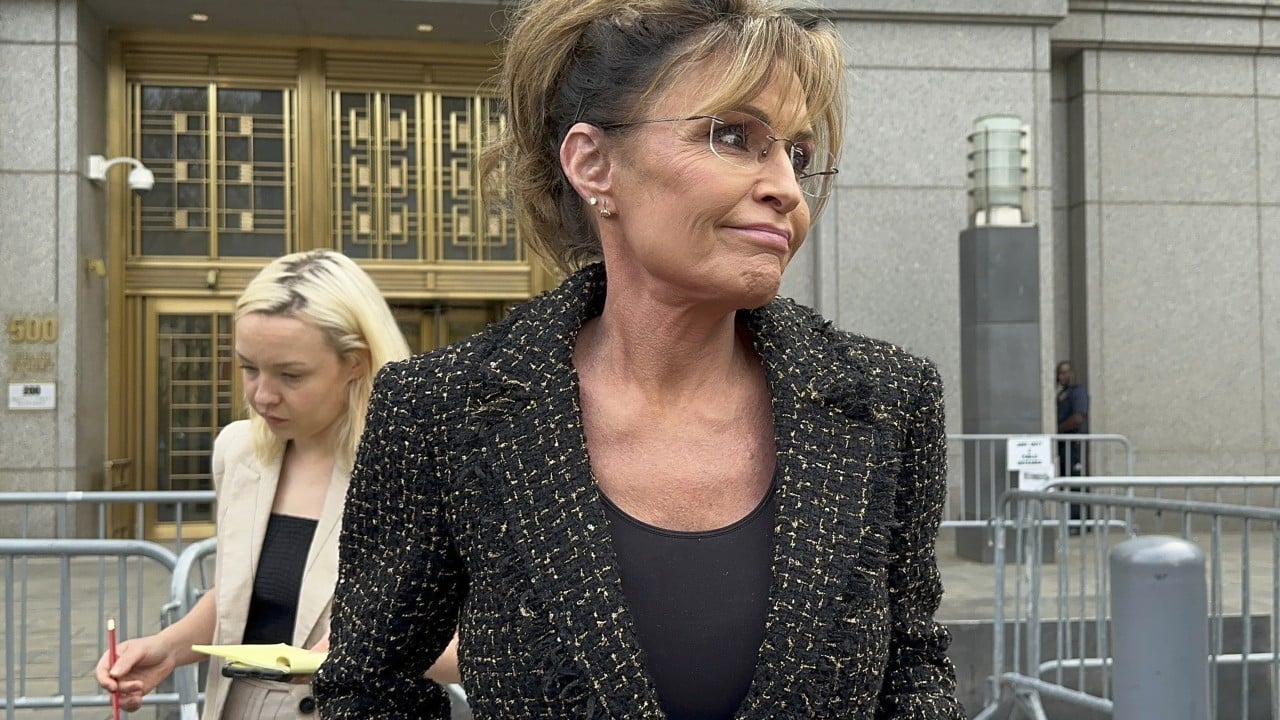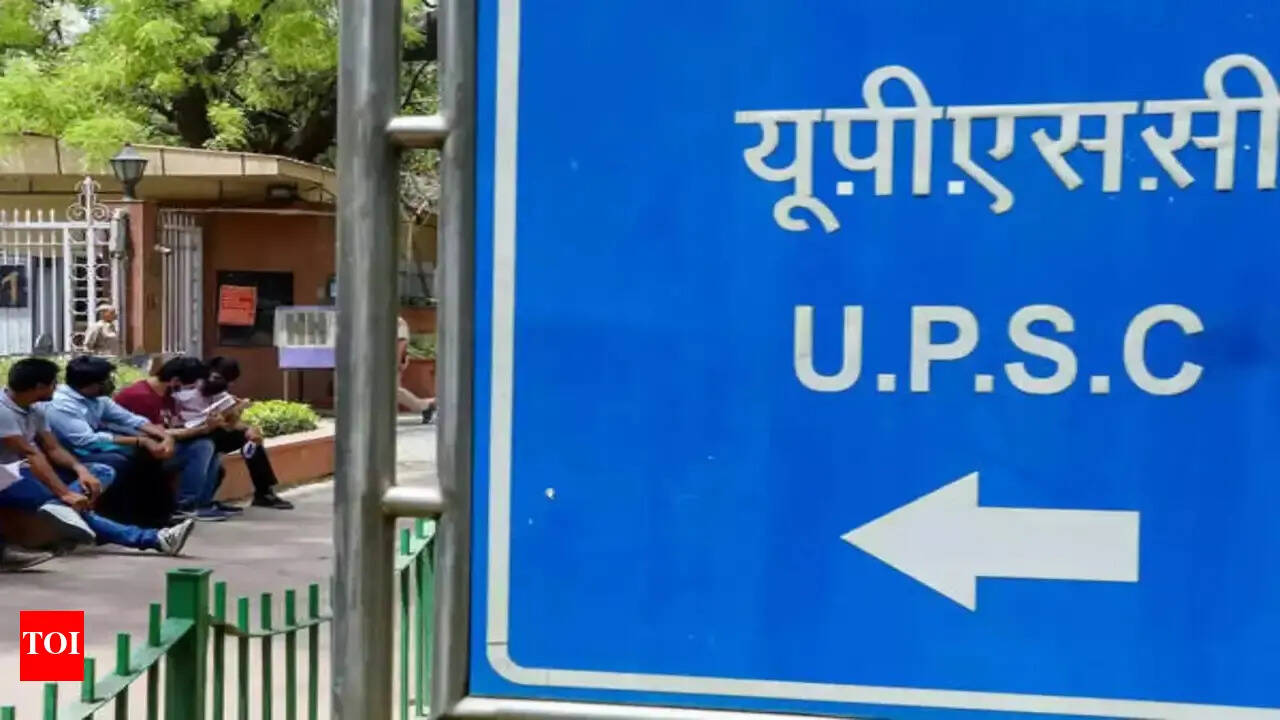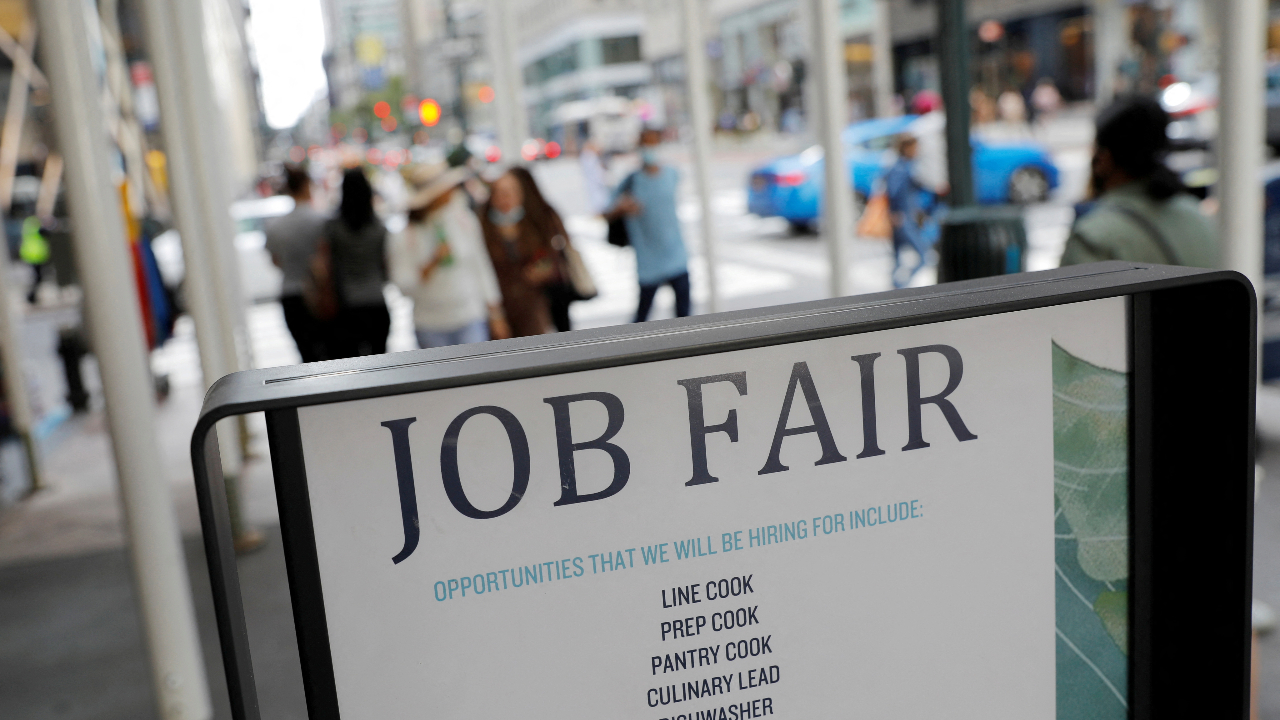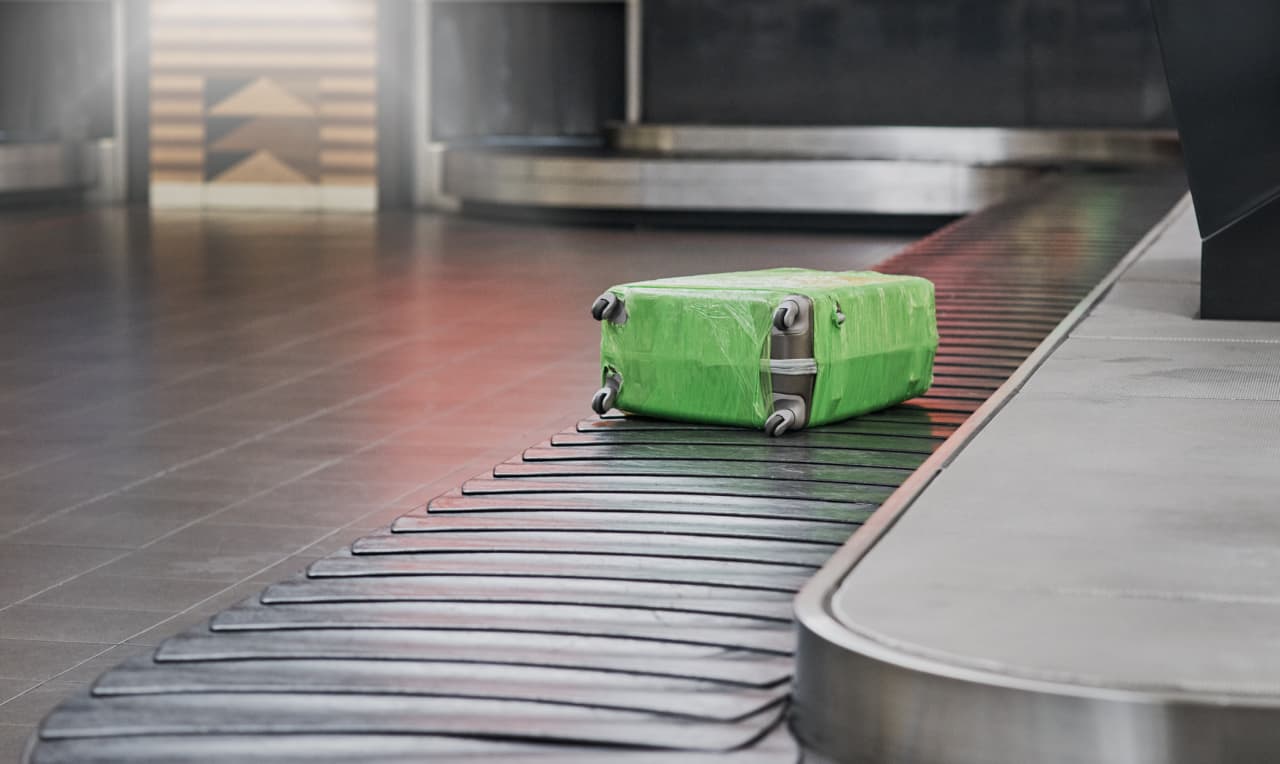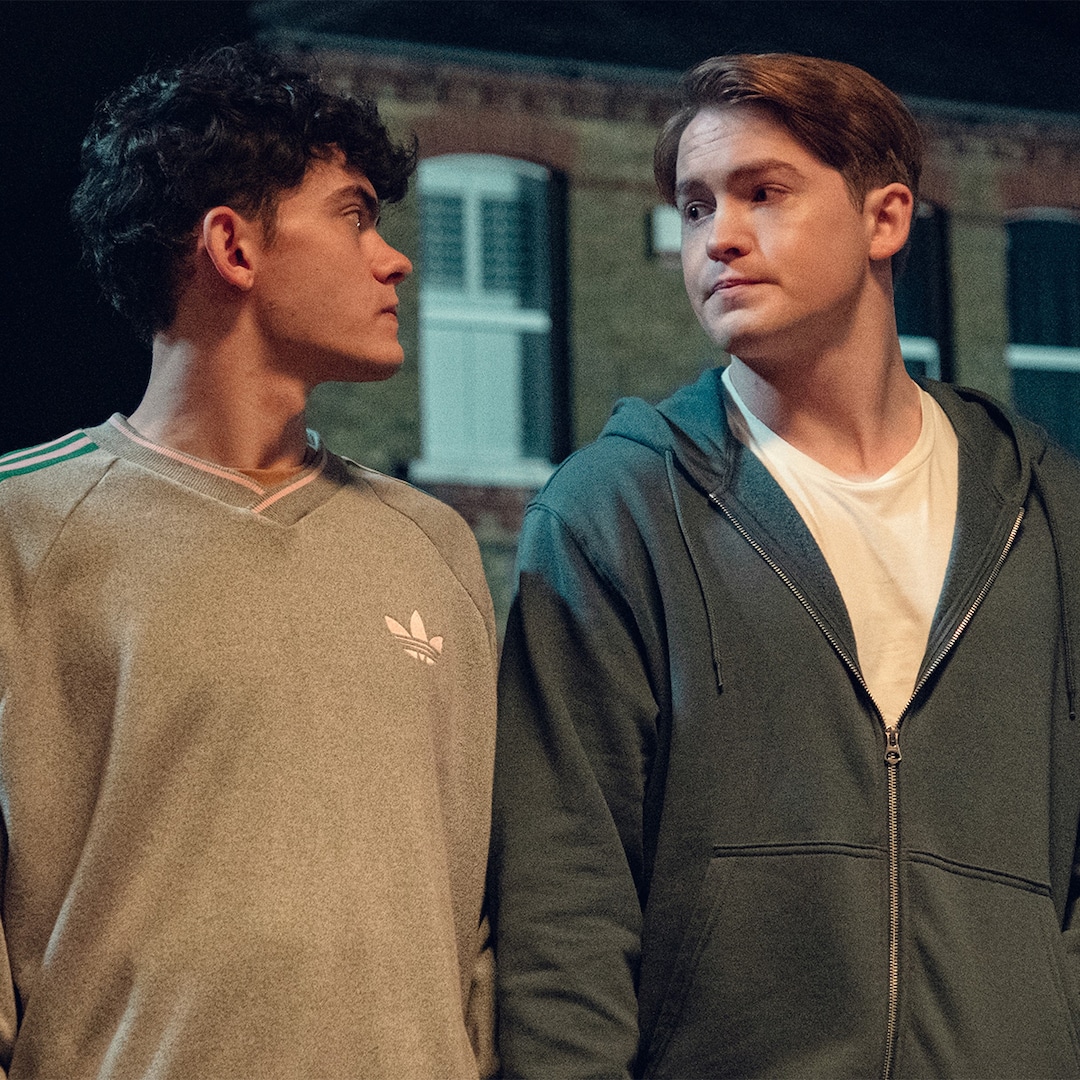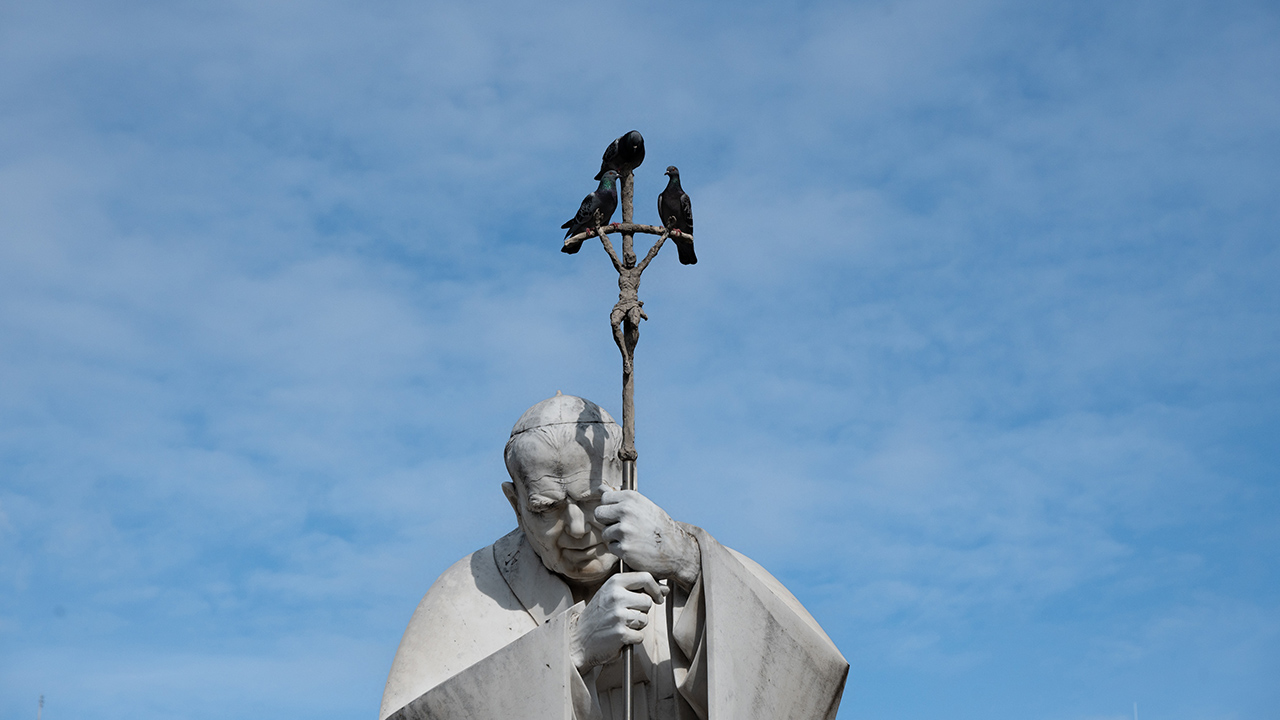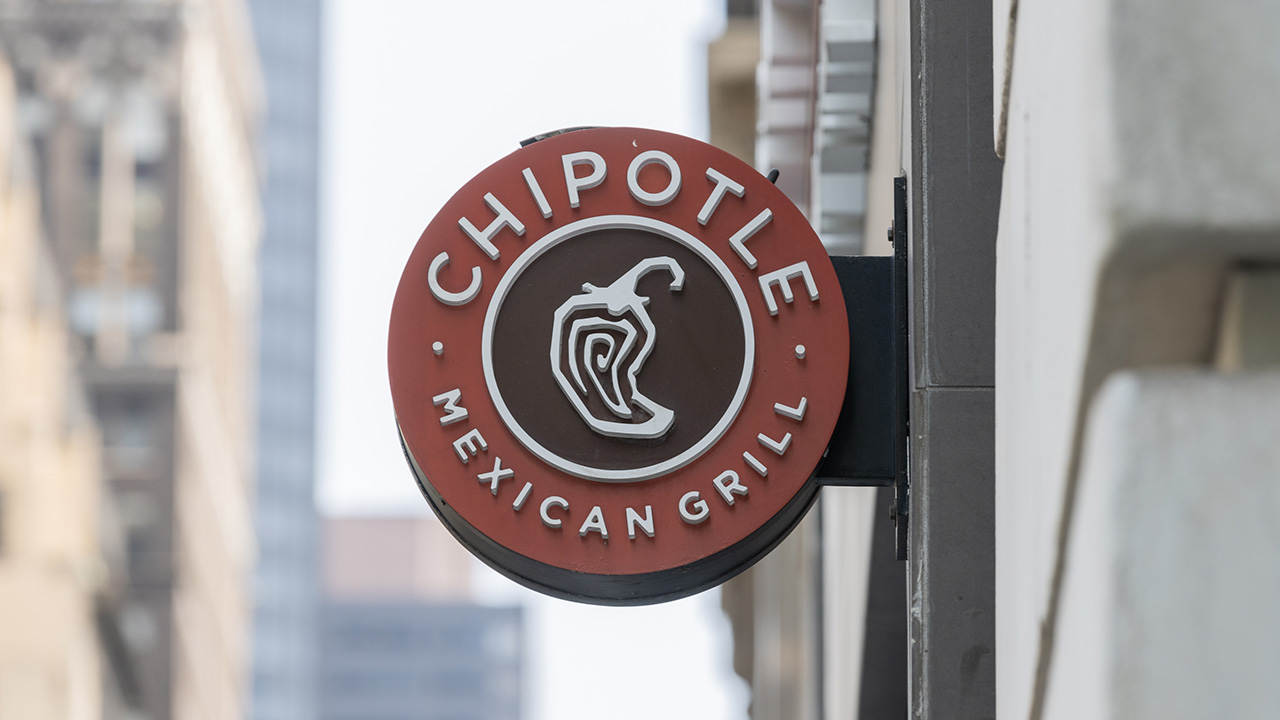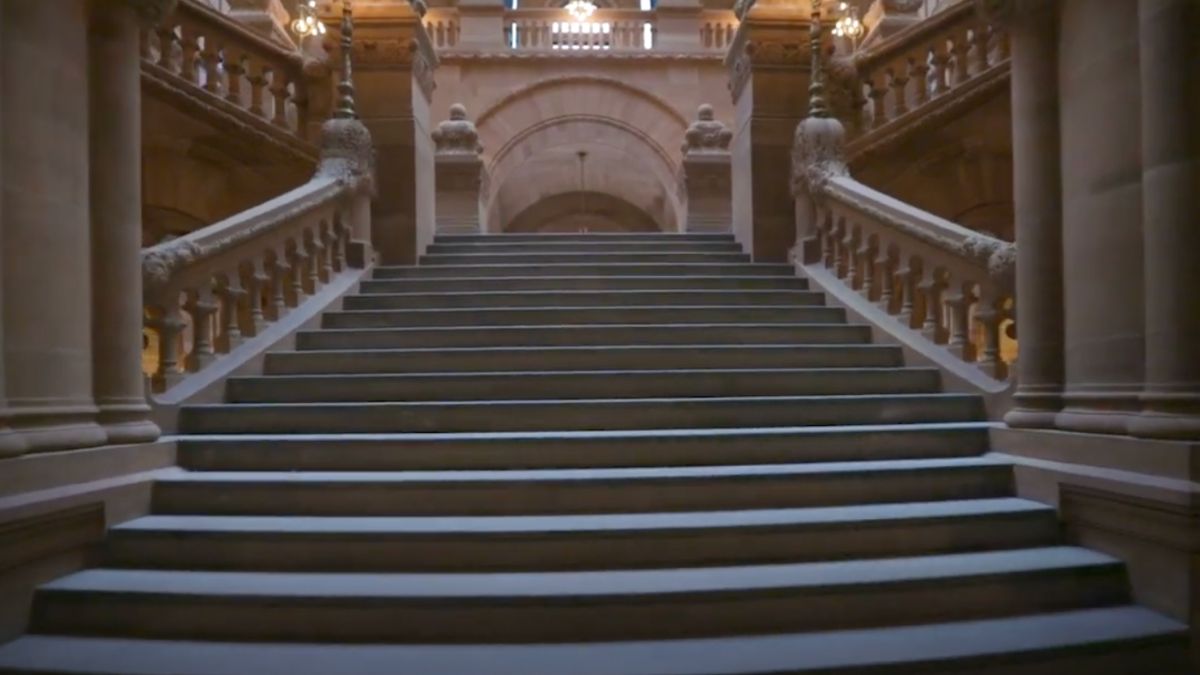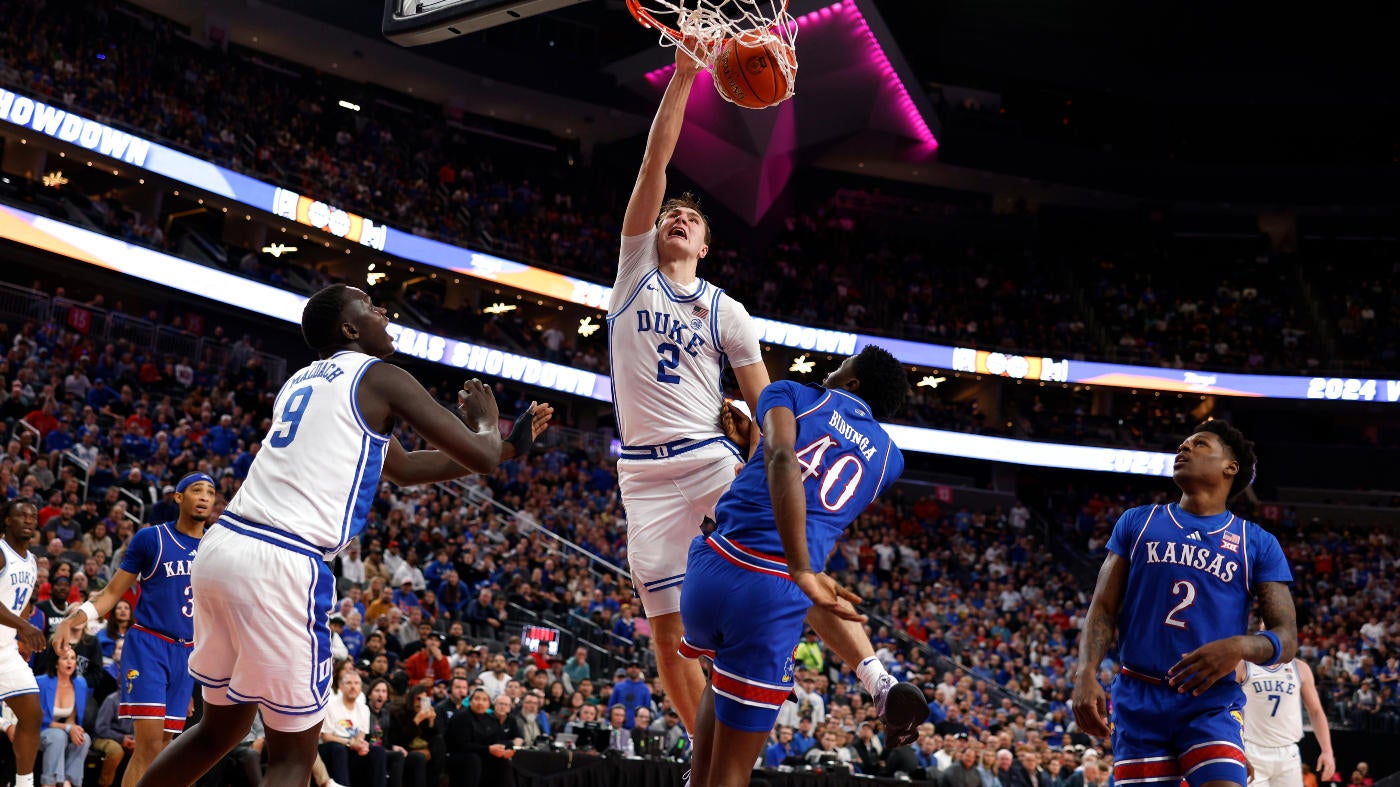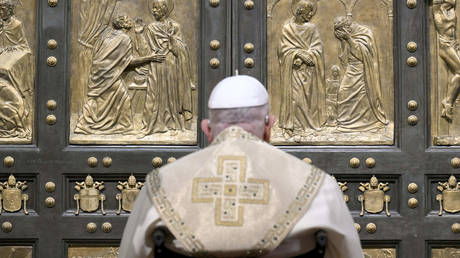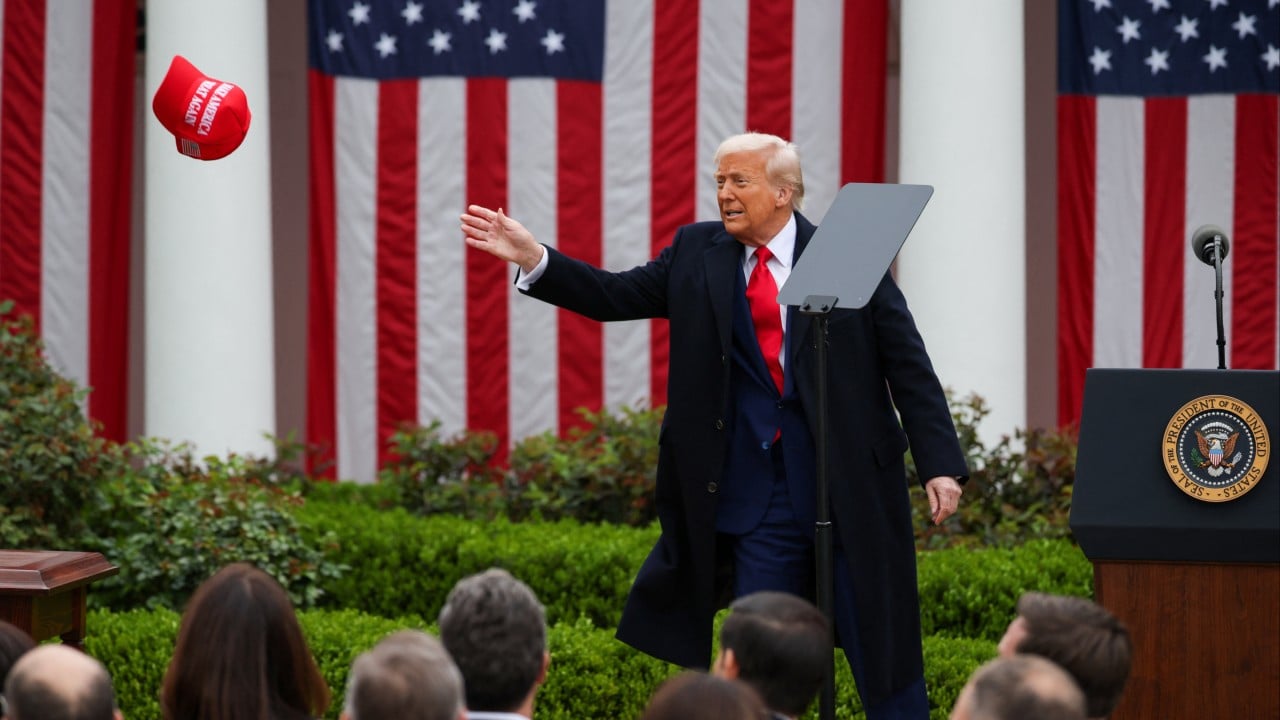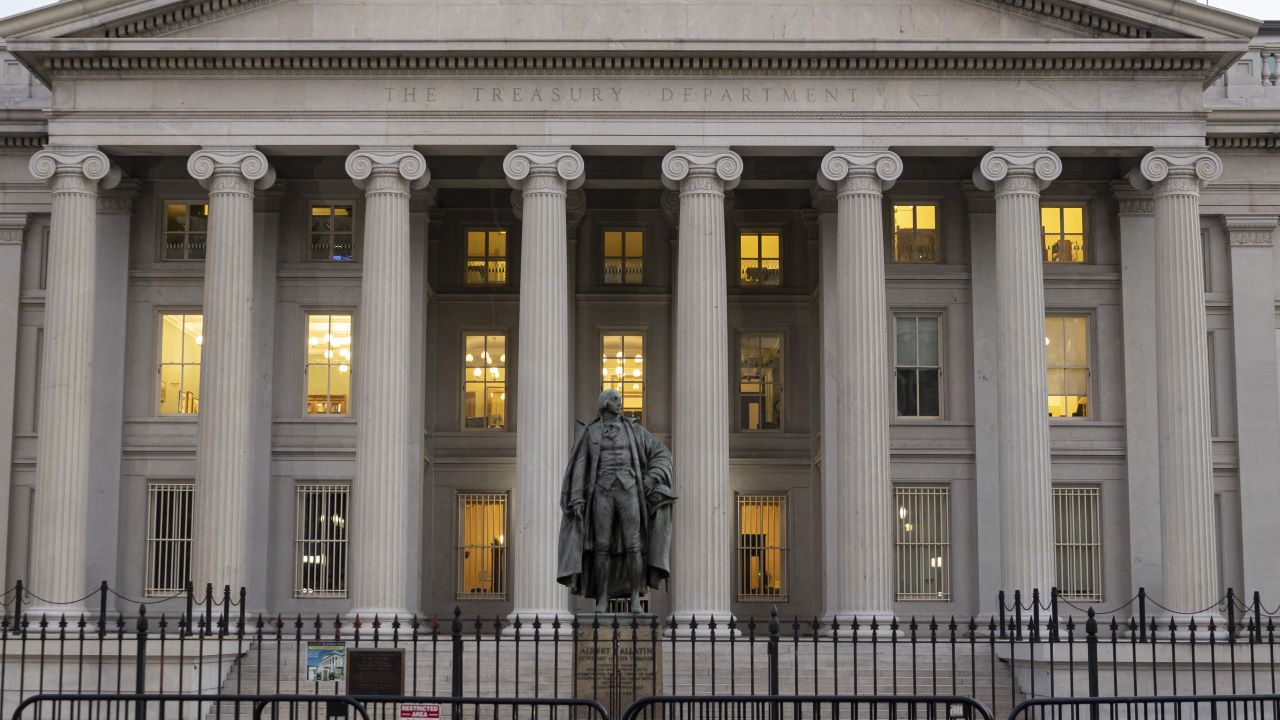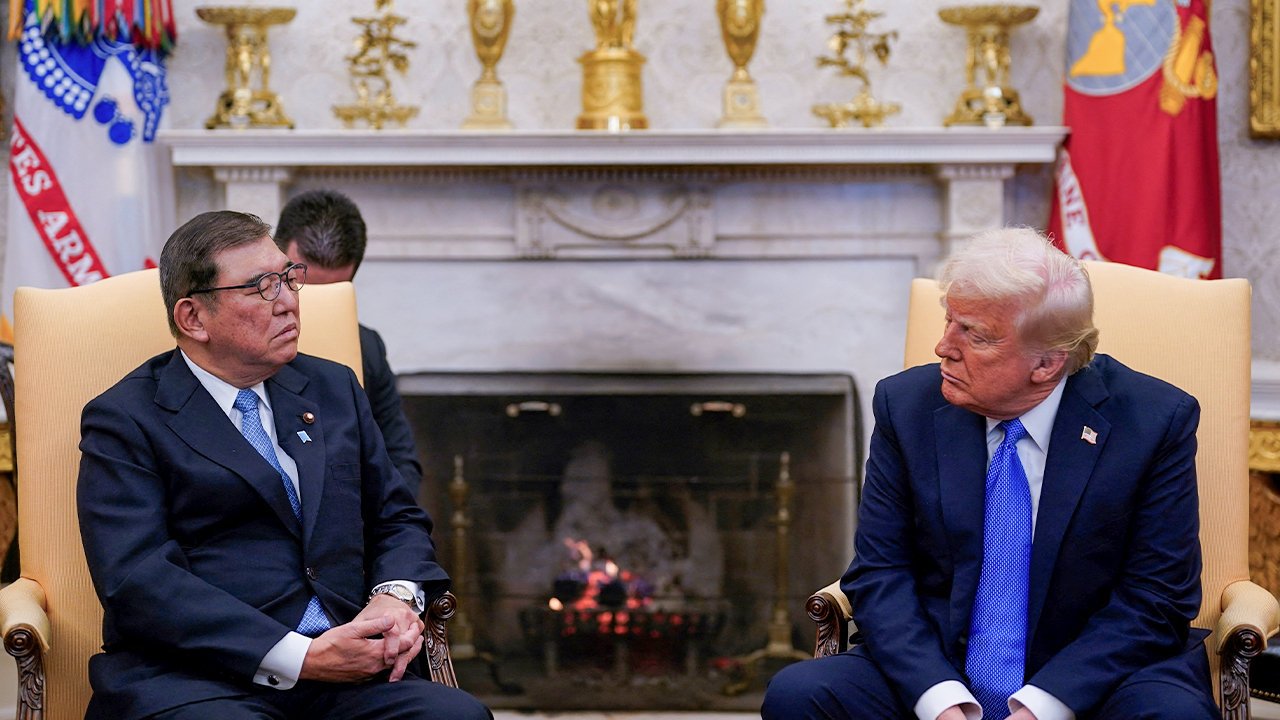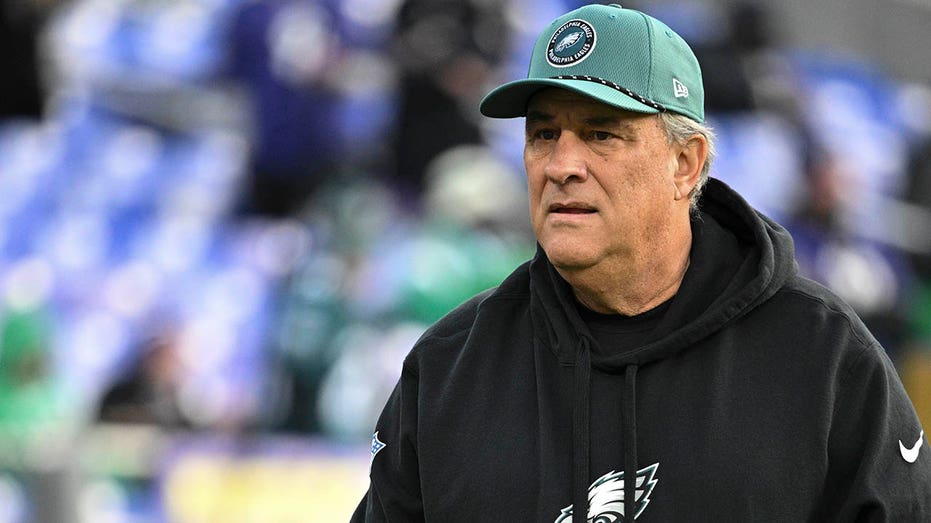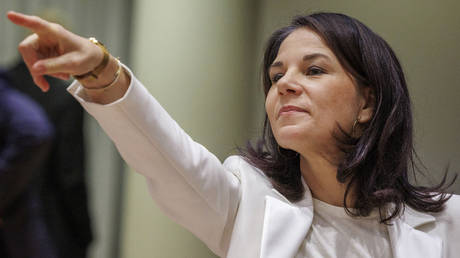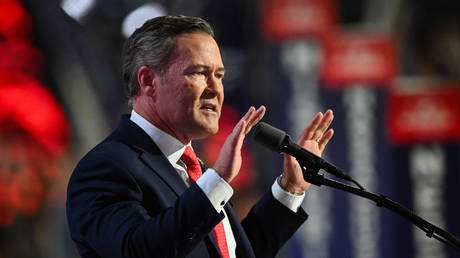The Supreme Court appears to side with parents in religious liberty dispute over storybooks
The court's conservative majority offered support for parents seeking to be informed about their children's reading material in schools that they argue conflicts with their faith.
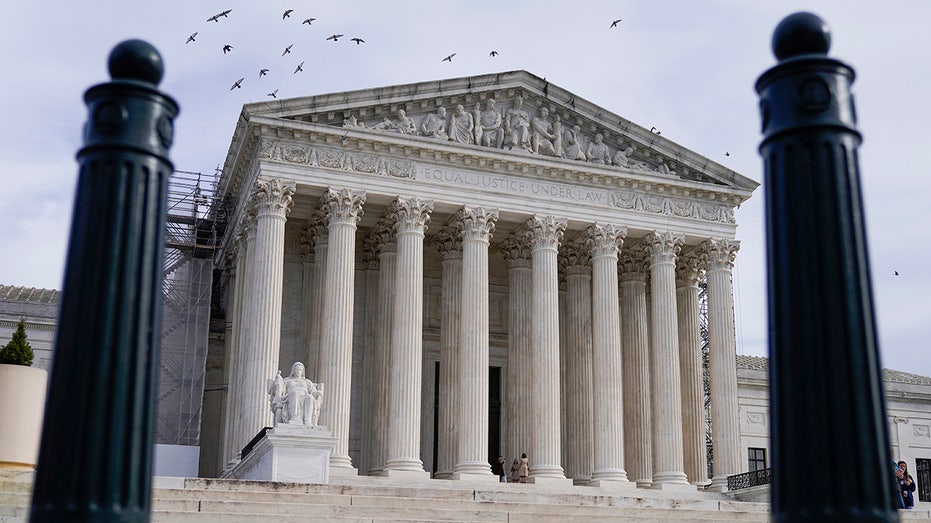
The Supreme Court's conservative majority offered strong support for parents seeking the religious liberty right to be informed about and opt their children out of reading material in elementary schools that they say conflicts with their faith.
The Montgomery County, Maryland school board withdrew its original opt-out policy for books related to gender and sexuality, prompting a federal lawsuit.
In a marathon two-and-a-half oral argument, the justices debated whether parents have been unfairly burdened in exercising their constitutional rights.
It is one of three high-profile religious-themed cases the high court will decide this term—including disputes over tax exemptions for religious groups, and taxpayer funding for private religious charter schools—which will be argued next week.
GORSUCH, ROBERTS SIDE WITH LEFT-LEANING SUPREME COURT JUSTICES IN IMMIGRATION RULING
Justice Sonia Sotomayor and her liberal colleagues appeared to back the county's position on the storybooks. She noted a lower appeals court had refused a preliminary injunction to temporarily reinstate the opt-out policy.
"They never reached the issue of whether or not there was disruption, or what the motive was for taking away the opt out," said Sotomayor. "What they decided was that there wasn't coercion here, that there was mere exposure. I understood from the record that all that was required is that the books be put on the bookshelf. If that's all that's required, is that coercion?"
But Justice Samuel Alito echoed the views of several of his conservative colleagues, about returning to the previous policy that he said most schools around the country permit.
"What is the big deal about allowing them to opt out of this?" he asked.
Alito also questioned the content of several of the books raised in the appeal dealing with same-sex marriage.
"I don't think anybody can read that and say: well, this is just telling children that there are occasions when men marry other men," said Alito. "It has a clear moral message, and it may be a good message. It's just a message that a lot of religious people disagree with."
Hundreds on both sides of the issue rallied outside the court, some carrying signs like "Let Parents Parent" and "Include All Families."
The suburban Washington county introduced new books with LGBTQ+ characters and themes into the elementary school curriculum in 2022, as part of the district's "inclusivity" initiative.
PROSECUTION CALLS THEIR SECOND WITNESS AT KAREN READ’S RETRIAL FOR MURDER
One of the challenged storybooks raised in the appeals is "Prince & Knight," described as a "modern fairy tale" for ages 4-8, of the two males falling in love after working together to battle a dragon threatening their kingdom, and later marrying.
Another book mentioned repeatedly in the court's public session was "Uncle Bobby's Wedding," about a little girl's reaction to her favorite relative's plans to marry a man.
The school district refused to allow parents to opt out of their
The school district refused to allow parents to opt out of their elementary school from the reading program - the same way older students can forego sex ed instruction.
While the school board initially allowed parents to keep their children out of this curriculum, the plaintiffs say officials quickly reversed course, announcing in March 2023 that exceptions would not be granted and that parents would not be notified before the books were introduced into their children's classrooms. Officials cited increased absenteeism as one of the reasons for the change.
"We felt as parents that we would present these things to our children like we always have, when they're ready to receive them. And especially a child with special needs, it's even more difficult for her to understand," said Grace Morrison, one of the plaintiffs. She and her husband, both Catholics, now homeschool their daughter, after the school refused an accommodation.
"Starting to present issues of gender ideology to a child like this could be extremely confusing and damaging, let alone to the faith that we're raising her in," she told Fox News Digital.
A federal appeals court ruled for the school district, concluding educators did not apply any pressure on children to abandon their religious beliefs, and "simply hearing about other views does not necessarily exert pressure to believe or act differently than one’s religious faith requires."
State officials told the court that parents who choose to send their children to public school are not "coerced" simply by their classroom exposure there to religiously objectionable ideas.
The practical feasibility of an opt-out policy at was the key focus of the high court's public session.
"Once we articulate a rule like that," said Justice Elena Kagan, "it would be like, opt outs for everyone."
SCOTUS HEARS ARGUMENTS OVER PARENTS' FIGHT TO OPT CHILDREN OUT OF LGBTQ CURRICULUM
But Kagan also raised concerns about young children being exposed to some of the books offered in Montgomery County.
"I too, was struck by these young kids picture books and, on matters concerning sexuality. I suspect there are a lot of non-religious parents who weren't all that thrilled about this."
Justice Brett Kavanaugh, who noted he grew up in the affluent county and still lives there with his wife and two school-age daughters, said he was "mystified" at the why the county canceled its original opt-out policy.
Some on the bench raised concerns about a sweeping "a la carte" discretion parents would have to object to what goes in schools.
"What about a trans student in the classroom?" said Justice Ketanji Brown Jackson. "There's a student who's in the class. Must the teacher notify the parents of the student's existence and give them an opt out to not be in the same classroom with this child?"
Dozens of briefs were filed by advocacy groups on both sides of the issue, including competing coalitions of states and lawmakers.
Many educators say they should be given deference to develop lesson plans that reflect the community at large, and that navigating a flood of individual religious rights claims would make classroom instruction and collaboration extremely problematic.
Parents rights and religious groups counter impressionable children should not be forced to participate in reading activities that undermine their families' teachings and spirituality. The Becket Fund for Religious Liberty, representing the parents who sued, called the school policy "compelled instruction."
The Trump administration is backing the parents, saying in a written brief the board's no opt-out policy "compromises parents’ ability to act consistent with those [religious] beliefs regardless of whether their children feel pressured or coerced by the instruction."
The case is Mahmoud v. Taylor (24-297). A ruling is expected before the court's summer recess in late June.
Kristine Parks and Jessica Sonkin contributed to this report.
What's Your Reaction?







